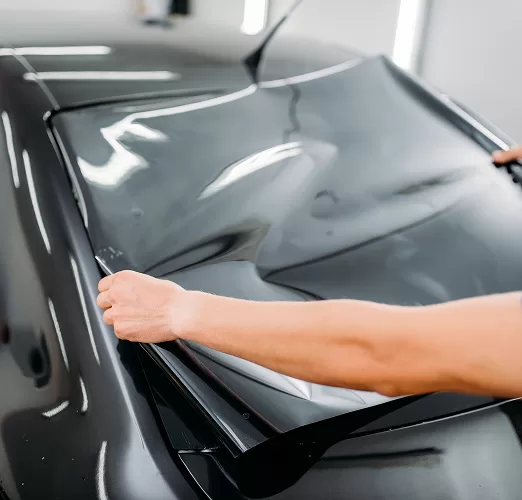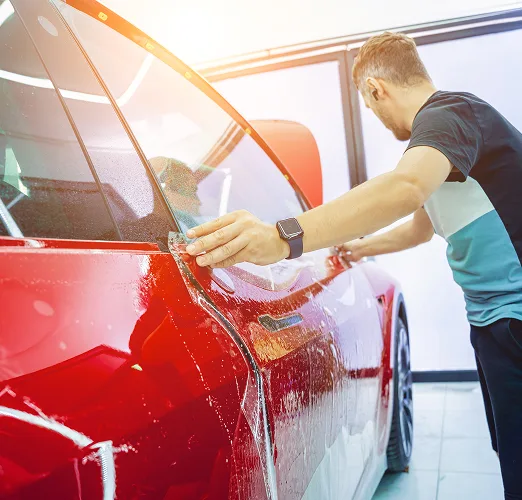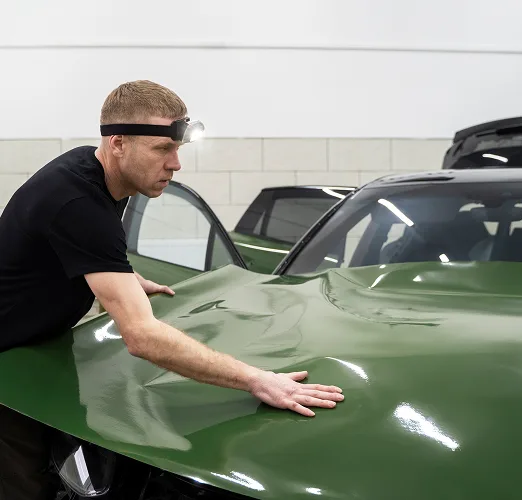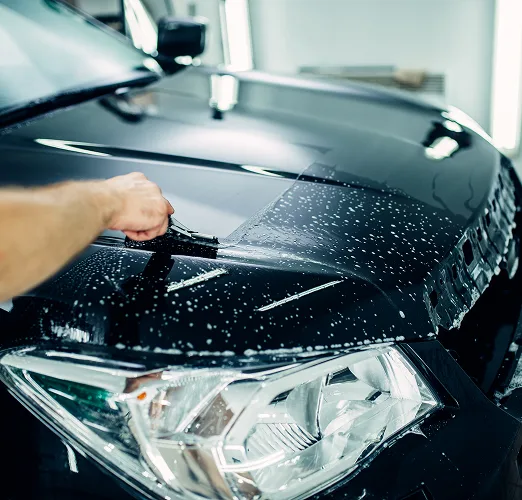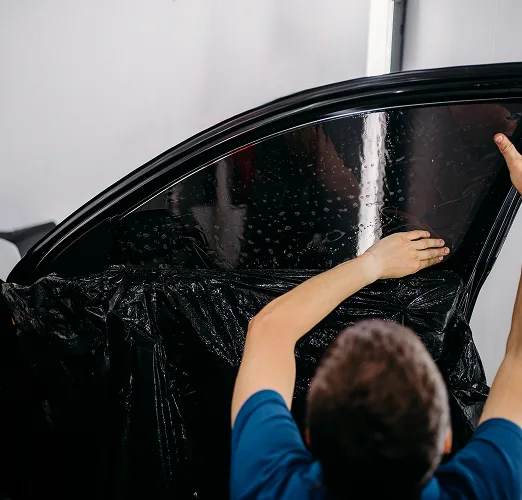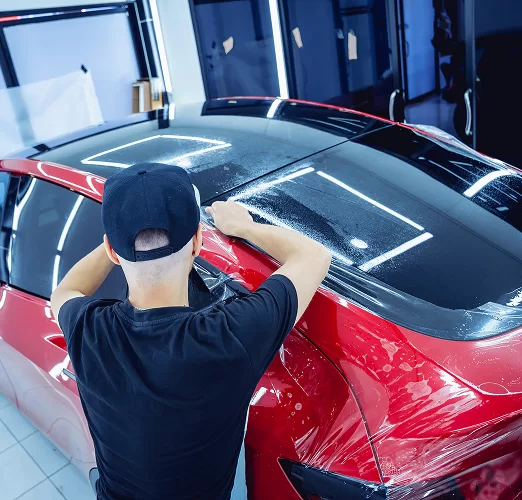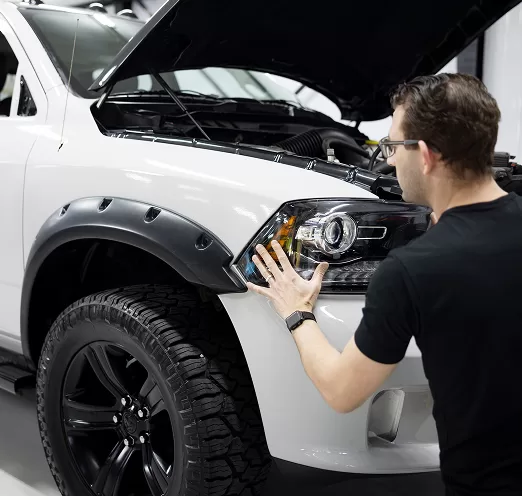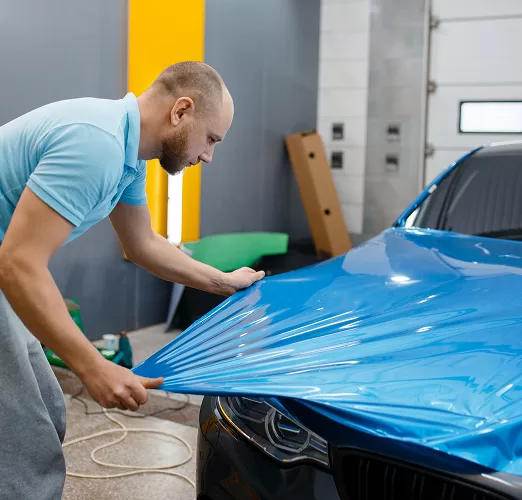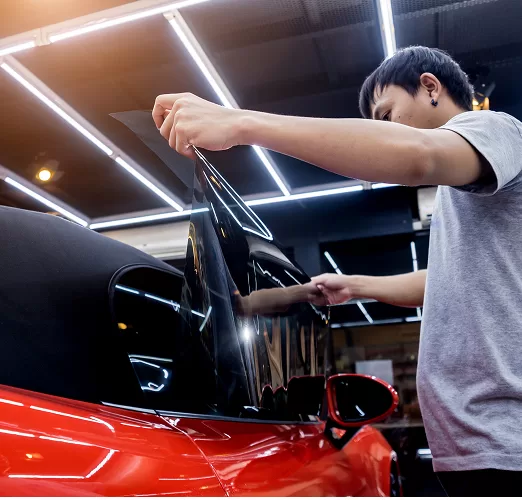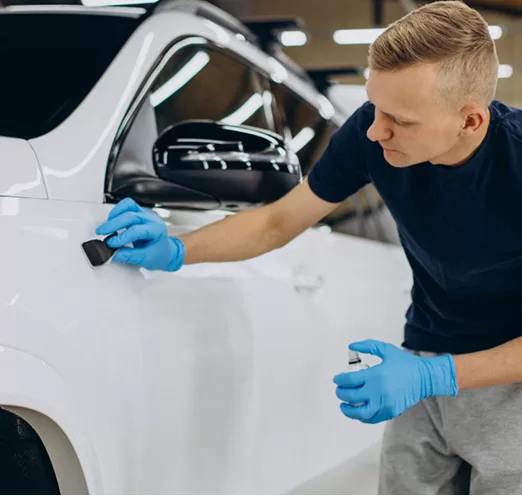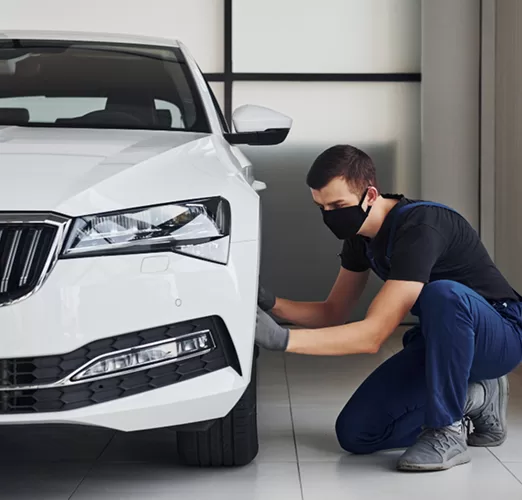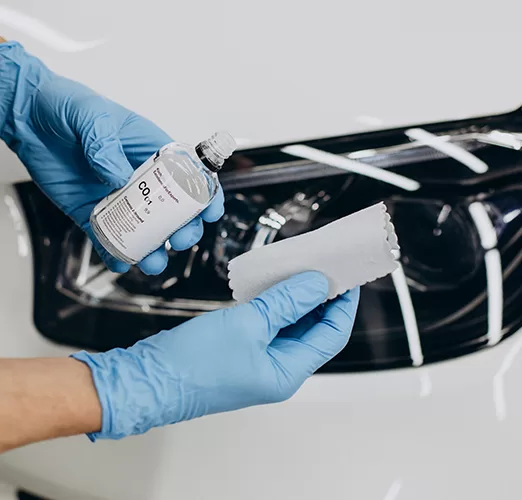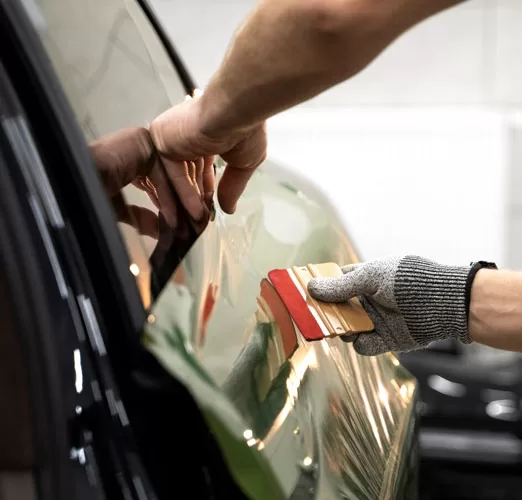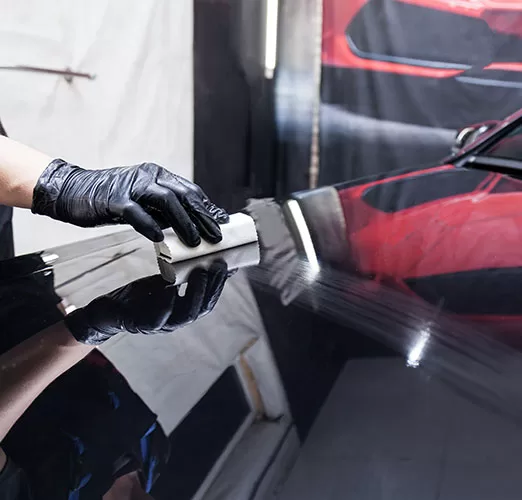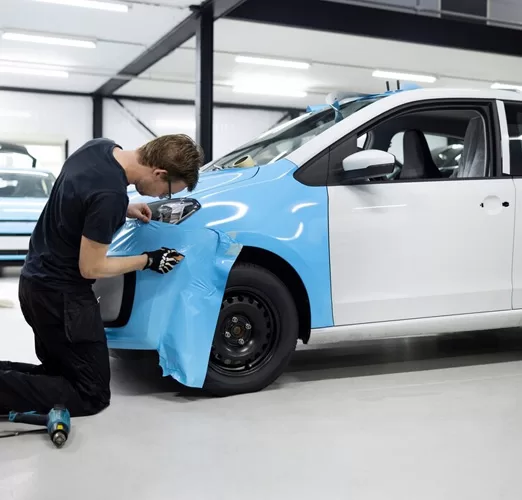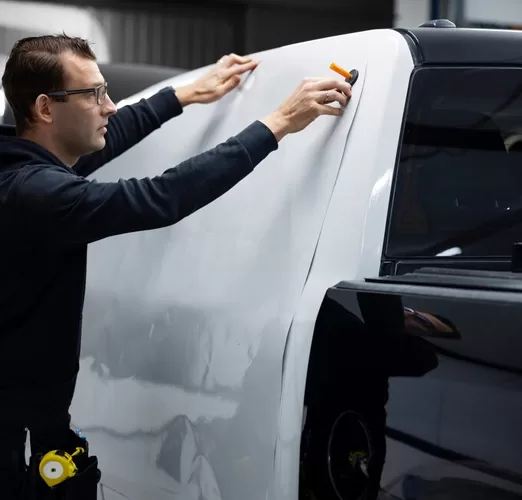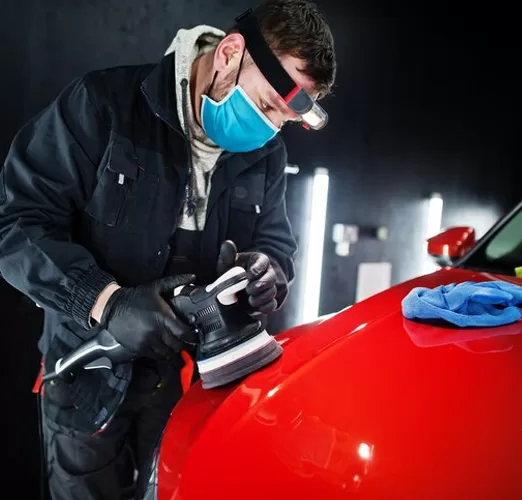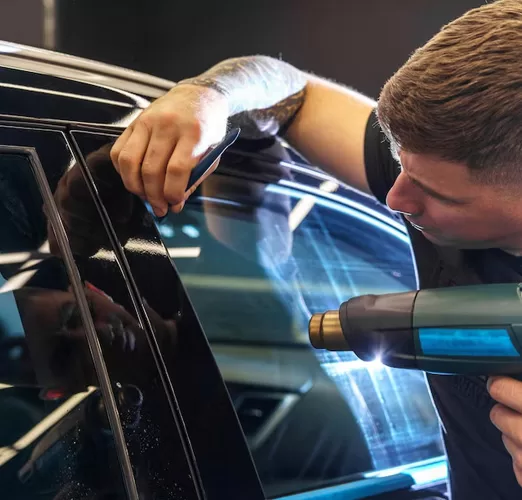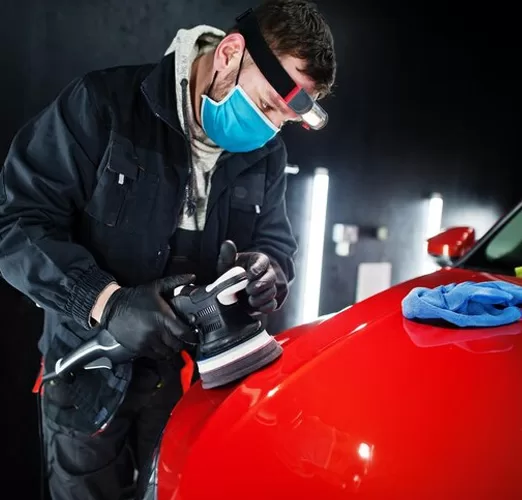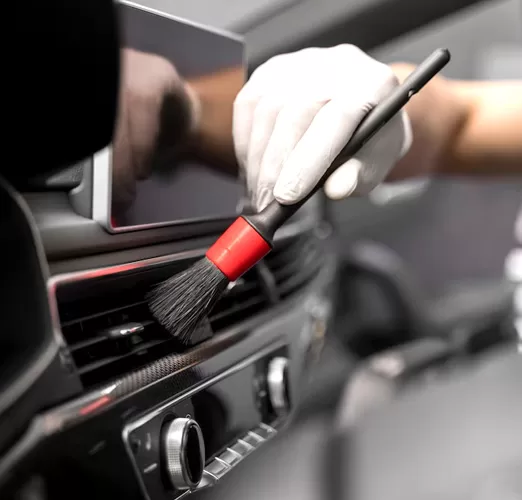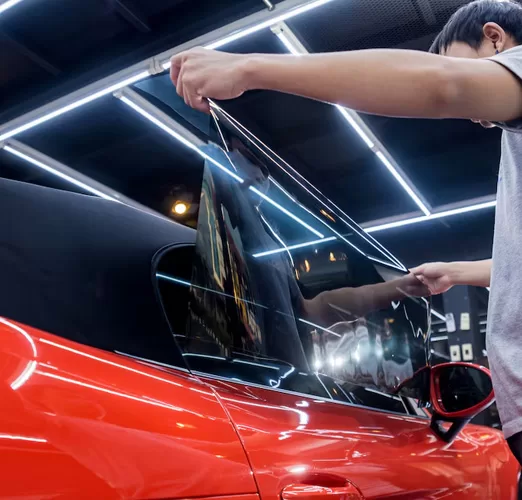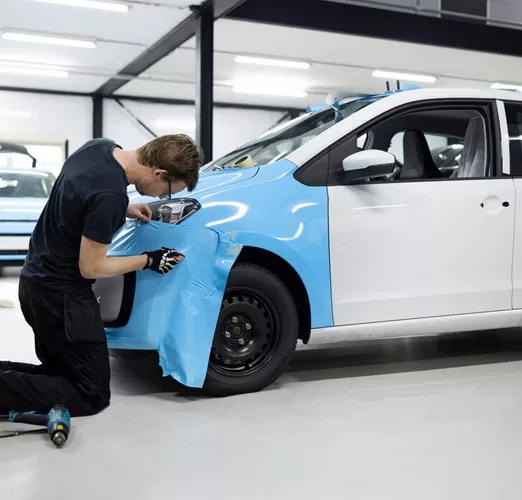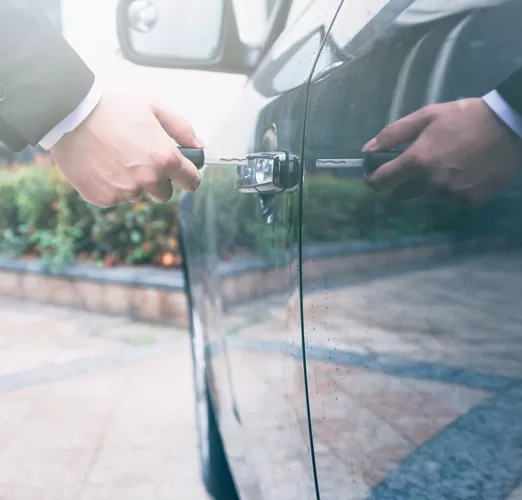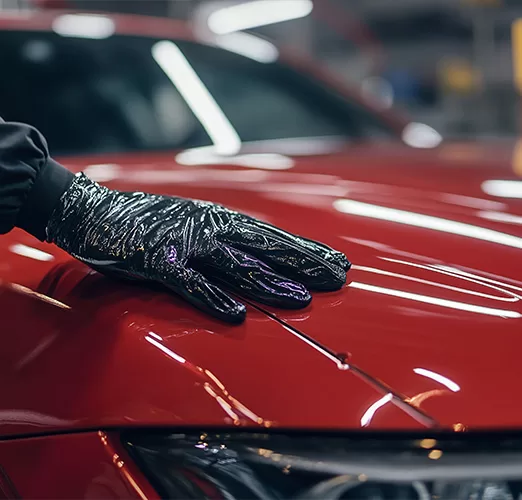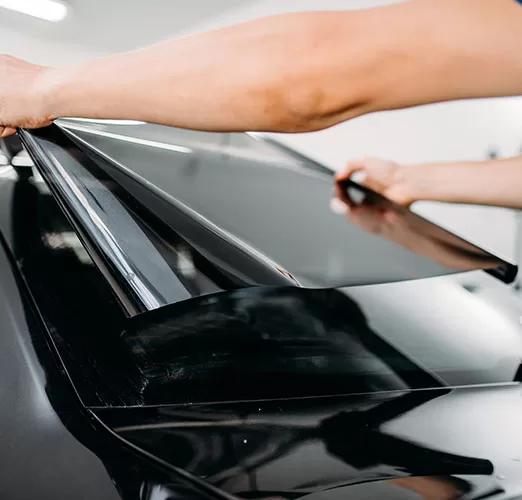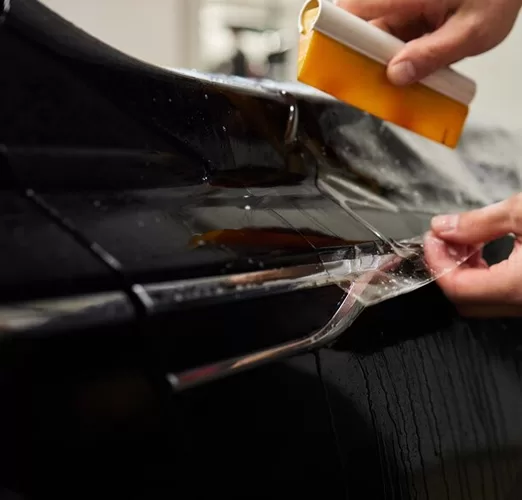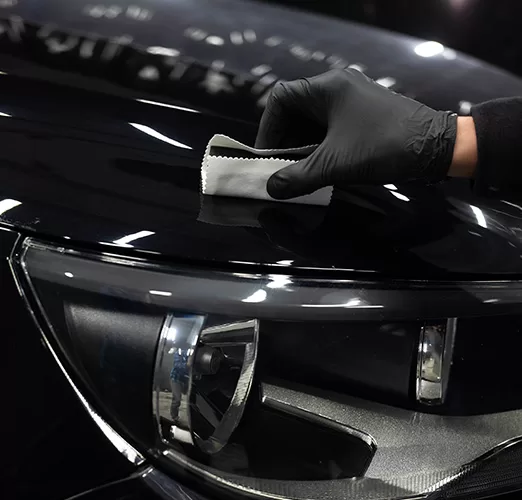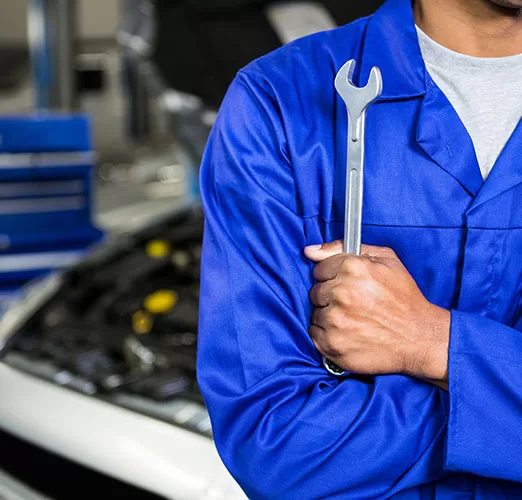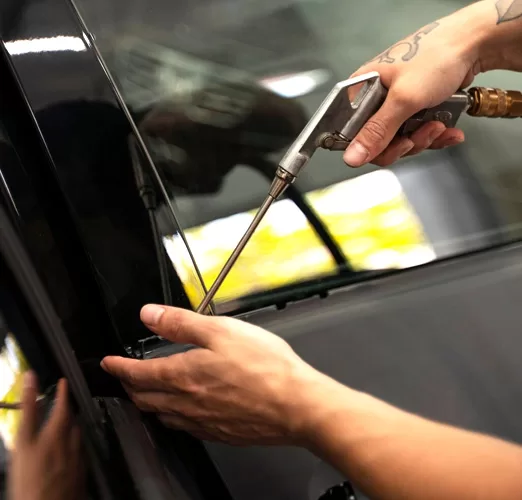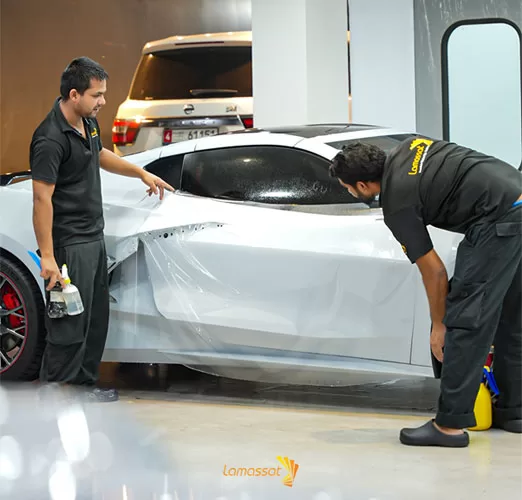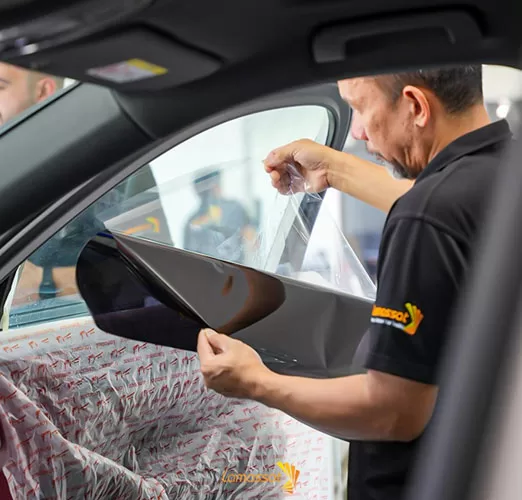Maximising Fuel Efficiency: How Thermal Insulation Cuts AC Load & Saves You Money
If you’ve ever stepped into your car after it’s been parked under the UAE sun, you know what true heat feels like. The seats burn, the steering wheel feels untouchable, and the first thing you do instinctively is turn the air conditioning to full blast. But here’s something many car owners never realise: that instant blast of cold air comes at a hidden cost. Every degree your AC cools takes energy, and that energy comes directly from your fuel.
In a place where temperatures often push the limits of comfort, car owners are always searching for ways to make driving cooler and more efficient. And that’s where thermal insulation for cars(العازل الحراري للسيارات) or more specifically, advanced automotive window film steps in. It’s not just about comfort anymore. It’s about efficiency, cost-saving, and protecting both you and your vehicle from the punishing desert heat.
So, how exactly does it work? And more importantly, is it really worth the investment? Let’s dive into how something as simple as high-quality automotive window film can transform the way you drive, reducing your AC load, extending your car’s life, and saving you more than you think.
What Is Thermal Insulation for Cars?
To understand why thermal insulation makes such a difference, it helps to know what it really does. At its simplest, thermal insulation for cars refers to a specialised window film that’s applied to the inside of your car’s glass. This film is engineered to block ultraviolet radiation, the main culprit behind the heat that builds up inside your car.
Unlike regular tint, these films are made with advanced nanotechnology that reflects heat rather than merely darkening the windows. They let visible light through while blocking a significant portion of solar energy. That means your car stays brighter, cooler, and more energy-efficient without compromising visibility. This isn’t a luxury upgrade; it’s a clever piece of technology designed for regions exactly like the UAE, where the combination of heat and sun exposure can make driving a challenge, not just for comfort, but for fuel economy too.
Why the UAE’s Climate Demands It
Living and driving in Abu Dhabi or Al Ain isn’t like driving anywhere else. The climate itself tests the limits of your vehicle. Even with good maintenance, the constant exposure to sunlight means the cabin temperature of a parked car can soar above 60°C. When that happens, your car’s air conditioning system has to work overtime to bring the temperature down to a comfortable level. Every extra minute your AC runs harder translates directly into more fuel consumption. Add to that the fine desert dust that seeps into every crack, and it’s clear: your car isn’t just battling the roads, it’s battling the weather.
This is exactly where advanced automotive window film becomes invaluable. It’s not about changing how your car looks; it’s about changing how your car works in the heat. By preventing most of the sun’s thermal radiation from entering, thermal insulation films help stabilise your car’s internal temperature and lighten the AC’s workload.
What Makes Thermal Insulation Films So Effective?
The secret lies in the technology. Modern automotive films, like those designed for extreme climates, combine multiple microscopic layers that each serve a specific purpose. Some reflect solar rays, others absorb UV radiation, and some help maintain optical clarity so you can still enjoy full visibility from inside the cabin.
Here’s what that means in practical terms:
| Feature | What It Means for You |
| Heat Reduction | The film blocks up to 99% of UV rays and a large percentage of heat, preventing the cabin from overheating even during the hottest parts of the day. |
| Energy Efficiency | Because your car starts cooler, the air conditioning system doesn’t need to work as hard or run as long, helping you save fuel and reduce engine strain. |
| Interior Protection | Continuous sun exposure can fade fabrics, crack dashboards, and dull leather seats. The film acts as a barrier, drastically reducing interior wear and tear. |
| Improved Comfort | You no longer face that wave of trapped heat when stepping into your car, making every drive smoother, cooler, and far more enjoyable. |
Why Does Reducing AC Load Save So Much Fuel?
Every car’s air conditioning system runs off the engine. That means when you switch it on, the compressor draws power directly from the engine’s rotation, increasing its workload. The harder your AC works, the more fuel your engine burns to keep it going. Studies show that in hot regions, air conditioning can increase fuel consumption by as much as 20%, especially during city driving, where speeds are low and the compressor works at maximum.
Now imagine if you could cut that load significantly. By keeping your cabin cooler before you even start the engine, thermal insulation film reduces the time and effort your AC needs to reach a comfortable temperature. Less strain on the compressor means less strain on the engine, and that directly translates into reduced fuel use. In simpler terms, the cooler your car starts, the less it costs you to drive.
Final Thoughts
For those looking to enhance driving comfort and maximise fuel efficiency, Lamassat Car Care Center offers premium-grade Car Window Tinting in Abu Dhabi that provides thermal insulation for cars, engineered for the UAE climate. Their professional installation, attention to detail, and focus on long-term value make them the trusted name for anyone serious about keeping their car cooler.
Explore the other services, Car Ceramic Coating, Car Protection Film, and Car Tinting Abu Dhabi


